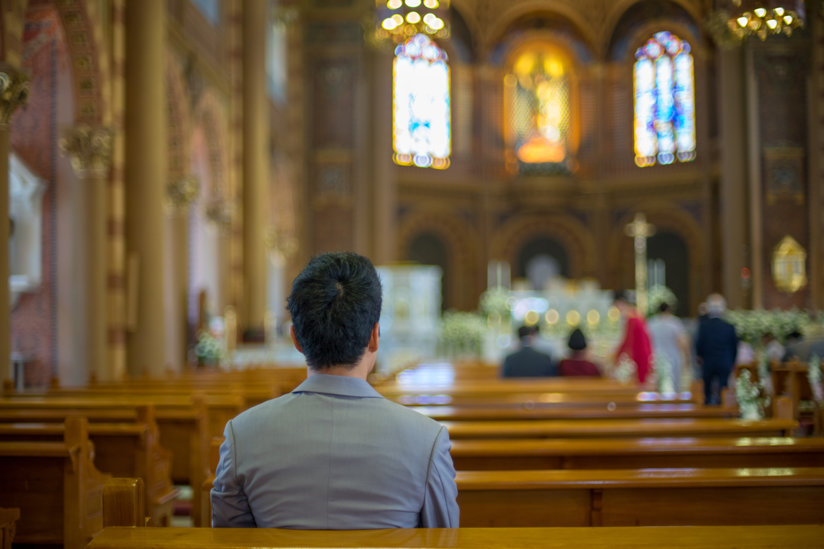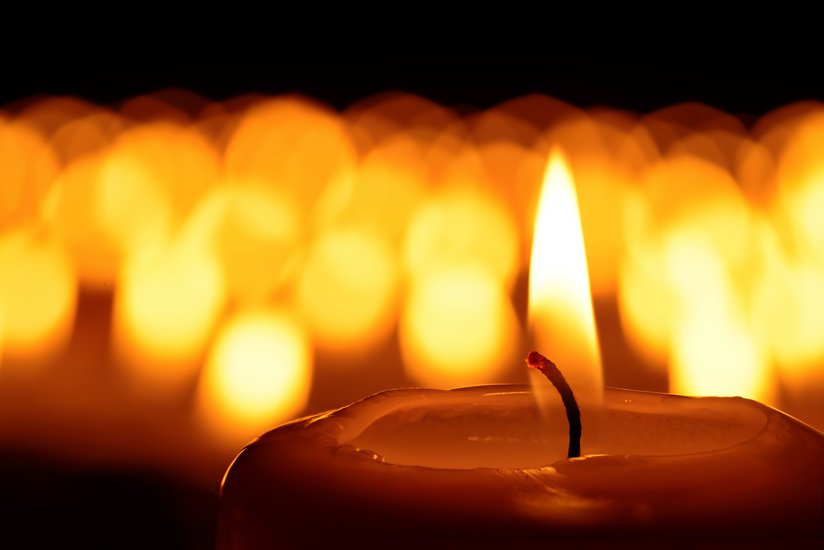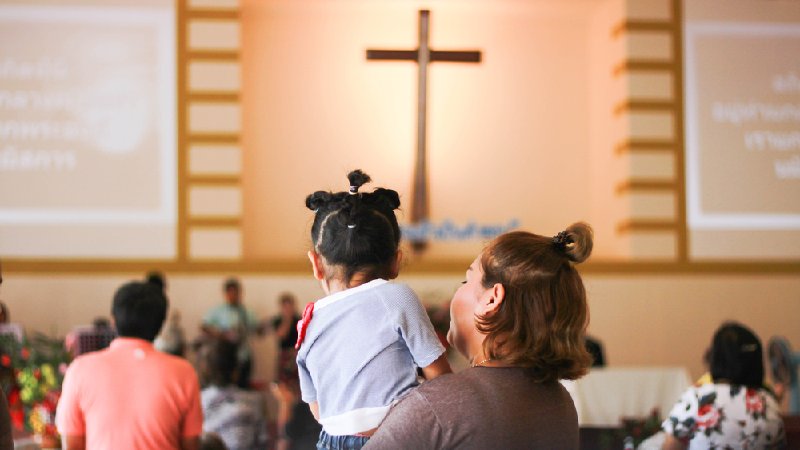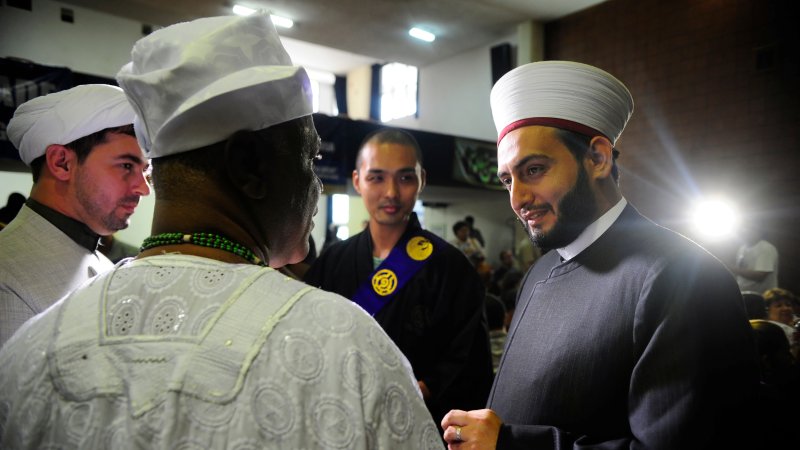
-
HOME
-
WHAT IS STANDOur Mission Our Values Our Help Contact
-
WHAT WE FIGHT FORReligious Freedom Religious Literacy Equality & Human Rights Inclusion & Respect Free Speech Responsible Journalism Corporate Accountability
-
RESOURCESExpert Studies Landmark Decisions White Papers FAQs David Miscavige Religious Freedom Resource Center Freedom of Religion & Human Rights Topic Index Priest-Penitent Privilege Islamophobia
-
HATE MONITORBiased Media Propagandists Hatemongers False Experts Hate Monitor Blog
-
NEWSROOMNews Media Watch Videos Blog
-
TAKE ACTIONCombat Hate & Discrimination Champion Freedom of Religion Demand Accountability
Why Our Houses of Worship Matter
Like many Americans, I tend to take for granted that we have religious freedom in this country.
Then the pandemic hit, and with it, restrictions on worship.
Personally, I thought it was illogical to only let one person at a time pray in the cavernous Cathedral of St. Mary of the Assumption, which seats 2,500 people, at the same time art museums in San Francisco were reopening at 25 percent capacity.
When I commented on this in Facebook, I was stunned to hear a few of my friends chime in, stating that “no one needs to worship in a church,” “religion is a private matter” and, worse, that “organized religion is a sham.”

In other words, a few of my friends didn’t think there was any good reason for a church to even exist. As for organized religion itself? They thought it was anachronistic, at best.
Some in government must have felt similarly as, when a public health emergency came along, they treated religion as less essential than, say, strip clubs or pot shops.
And that’s a slippery slope—because the Bill of Rights makes freedom of religion a basic right: “Congress shall make no law respecting an establishment of religion, or prohibiting the free exercise thereof.”
Then the pandemic hit, and with it, restrictions on worship.
Last I checked, free exercise included the right to get together with others to pray. It embraces worshipping in a cathedral, a home, on a mountaintop, by yourself or with friends, and I believe in the right of others to practice their religion and worship as they see fit, whether in a cathedral or alone at home on a prayer mat.
Which is why, when California treated in-home worship as no different than birthday parties and Super Bowl get-togethers, it made sense that our Supreme Court disagreed, striking down that regulation this April.

Religious freedom shouldn’t be controversial. It’s a universal concept, and it’s important that people have the right to practice their religion no matter the circumstance or the times.
The state of Indiana now has passed legislation to formalize that view. It “bars state and local orders from being more restrictive on churches than on other businesses considered to be essential.”
No one is claiming that public health authorities should turn a blind eye to anyone’s safety, religious individuals included. But in an effort to be “modern,” let’s not make less of something that people have done for millennia: worship in their own way, to get through thick and thin.
I keep seeing formal worship, or worship of virtually anything, being deemed “primitive” in this enlightened era.
But I haven’t noticed that people are happier without belief.









